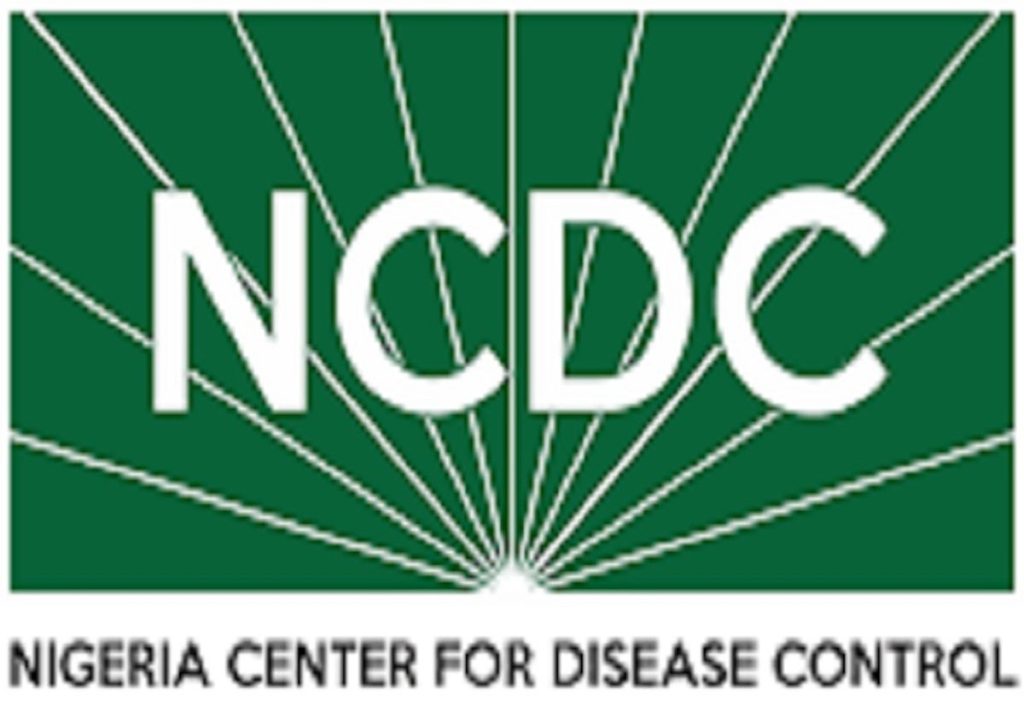CurrentReport Blog The Nigeria Centre for Disease Control and Prevention (NCDC) has issued a concerning update regarding the ongoing cholera outbreak, revealing a significant rise in suspected cases. As of Monday, 1,598 suspected cholera cases have been reported across 107 local government areas, highlighting a severe health crisis.
Dr. Jide Idris, the Director-General of NCDC, disclosed these alarming figures during a briefing in Abuja. The outbreak’s case fatality rate has surged to 3.5%, markedly higher than the national expected average of 1%, indicating a particularly virulent and widespread strain of the disease.
“Government is deeply concerned about the rapid spread and higher-than-expected mortality rate, indicating a more lethal outbreak,” Dr. Idris stated. He stressed the profound impact on families and communities, noting the deaths of family members, spouses, parents, and even healthcare workers due to the disease.
Cholera, a severe diarrheal illness caused by the bacterium Vibrio cholerae, continues to pose a significant health challenge, especially in areas lacking adequate sanitation and access to clean water. Understanding its transmission is crucial for implementing effective prevention measures and curbing its spread.
The current outbreak is particularly intense in Lagos State, which has emerged as the epicenter. Lagos has reported the highest number of fatalities at 29, followed by Rivers with eight, Abia and Delta with four each, Katsina with three, Bayelsa with two, and Kano, Nasarawa, and Cross River with one each.
“The rainy season could further complicate this situation,” Dr. Idris warned, underscoring the need for immediate and coordinated response efforts.
With sixteen states accounting for 90% of the confirmed cases, the NCDC has prioritized these regions, particularly Lagos, for intensive intervention. Efforts include deploying resources and support to manage the outbreak and prevent further escalation.
As the NCDC continues to monitor and respond to the crisis, the public is urged to maintain vigilance and adopt preventive measures, including ensuring the use of clean water and practicing good hygiene.












